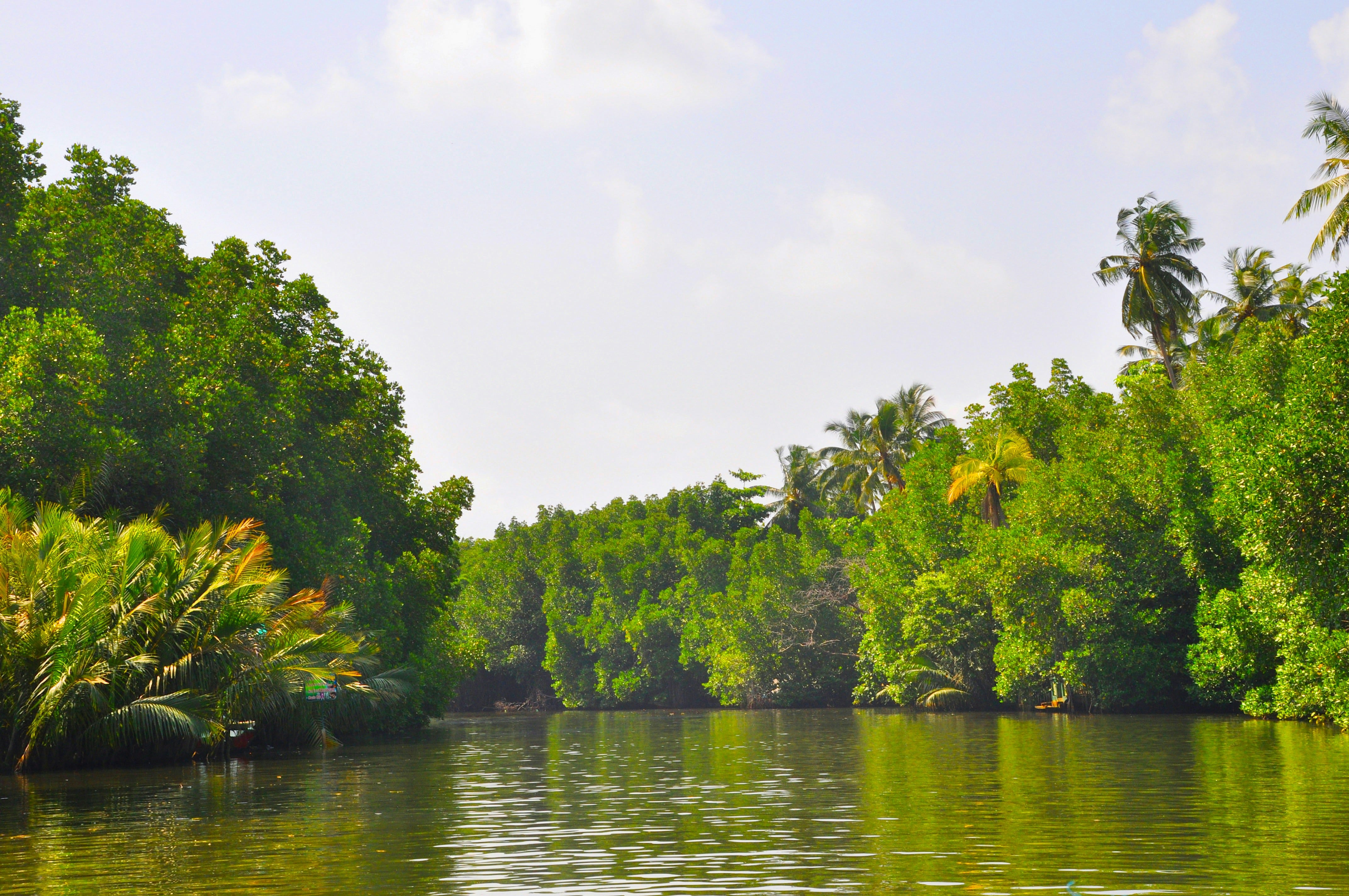Author: homolata
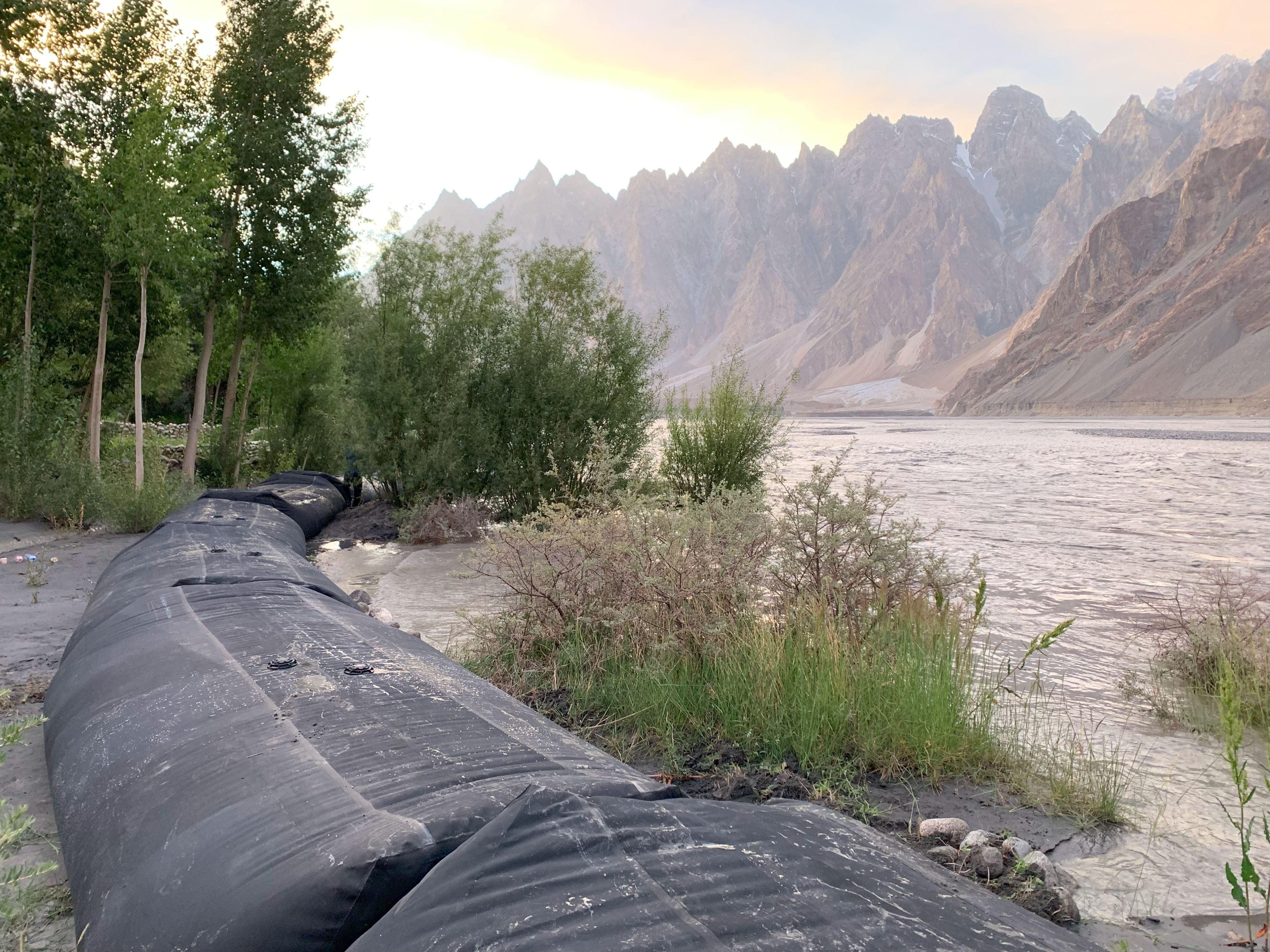
Innovative Mobile Flood Barriers Transform Pakistan’s Climate Resilience Through International Partnership
Photo credit: wavesave.com Pakistan's unprecedented 2022 floods revealed critical gaps in traditional disaster response capabilities, prompting the Asian Disaster Preparedness Center (ADPC) to seek revolutionary flood management solutions through their Climate Innovation Challenge (CIC). This strategic initiative brought together the Aga Khan Agency for Habitat (AKAH), Dutch flood control specialist WaveSave, and the data analytics firm [...] Read More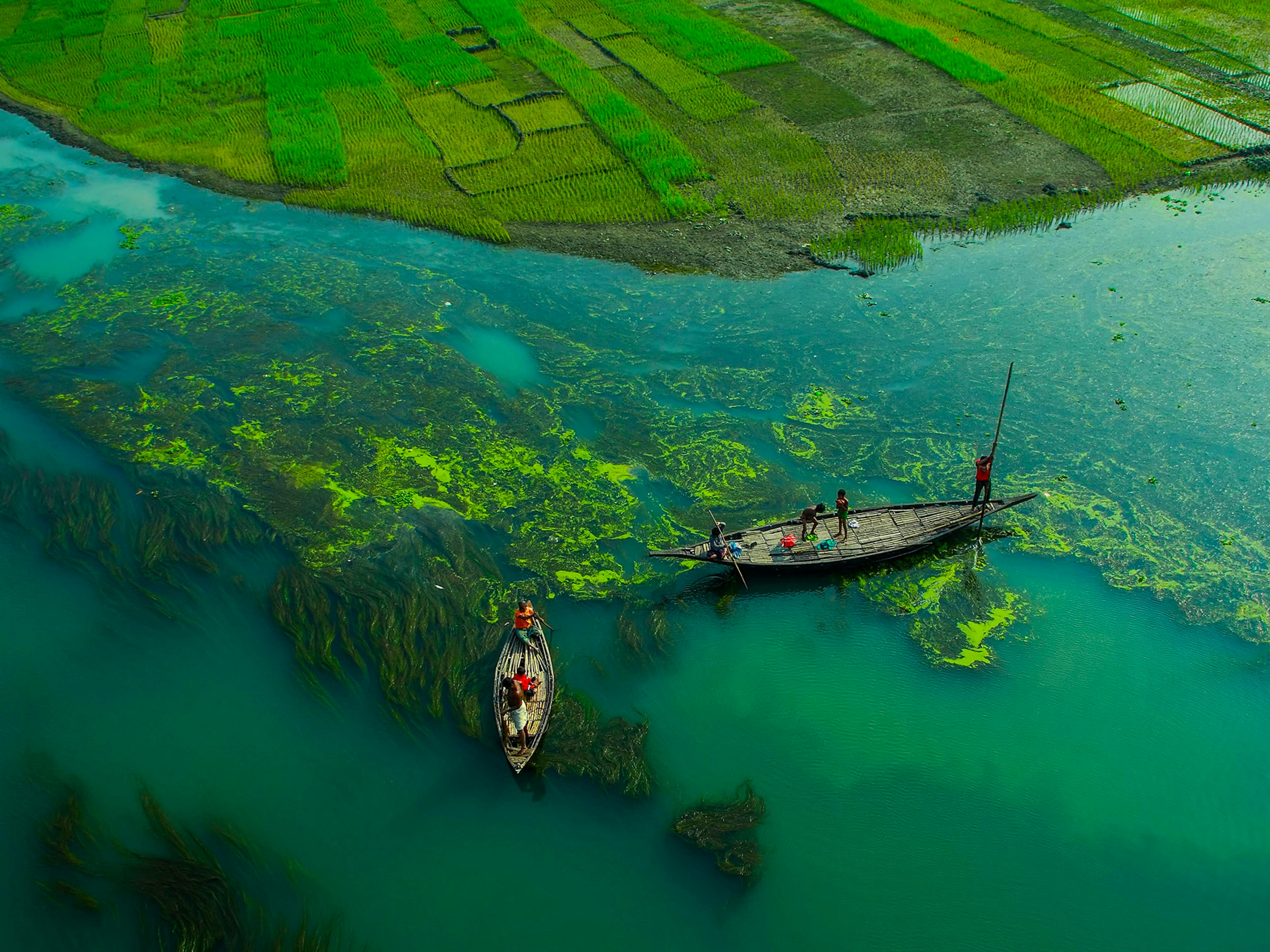
Innovation for Building Climate Resilience in Asia
Photo credit: Pexels.com South Asia and South East Asia are among the most vulnerable regions to climate shocks. The region is living through a “new climate normal” in which intensifying heat waves, cyclones, droughts, and floods are testing the adaptation limits of government, businesses, and citizens. The changing climate could sharply diminish living conditions for [...] Read More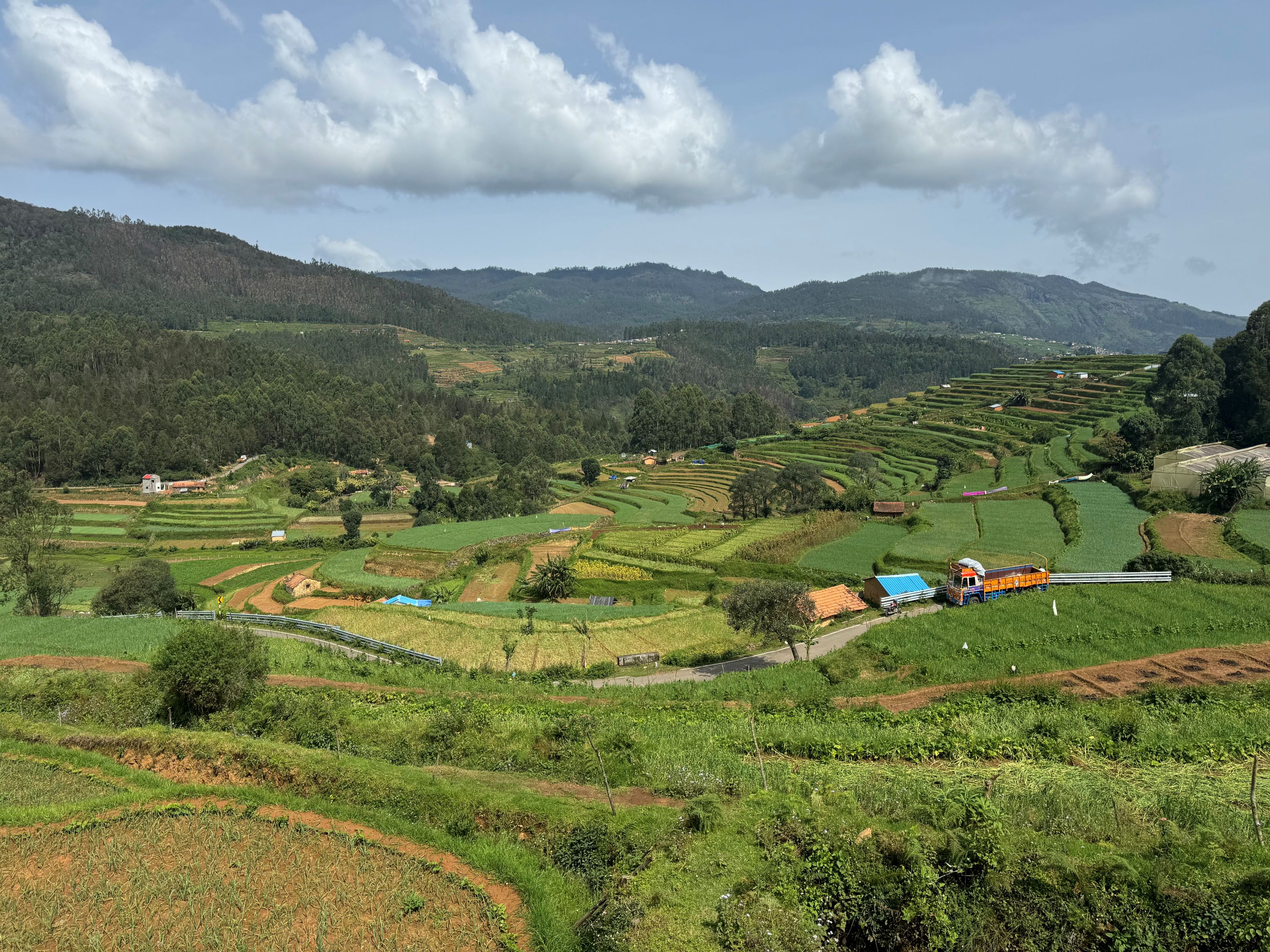
High-altitude Adaptation: Climate Change in India’s Palani Hills
Photo credit: Kodaikanal International School - Center for Environment and Humanity With changes witnessed in the fruiting of produce over the last few decades, it is now more important than ever to listen closely to the earth, attune our responses to its shifting patterns and talk to each other, say residents of the verdant Palani [...] Read More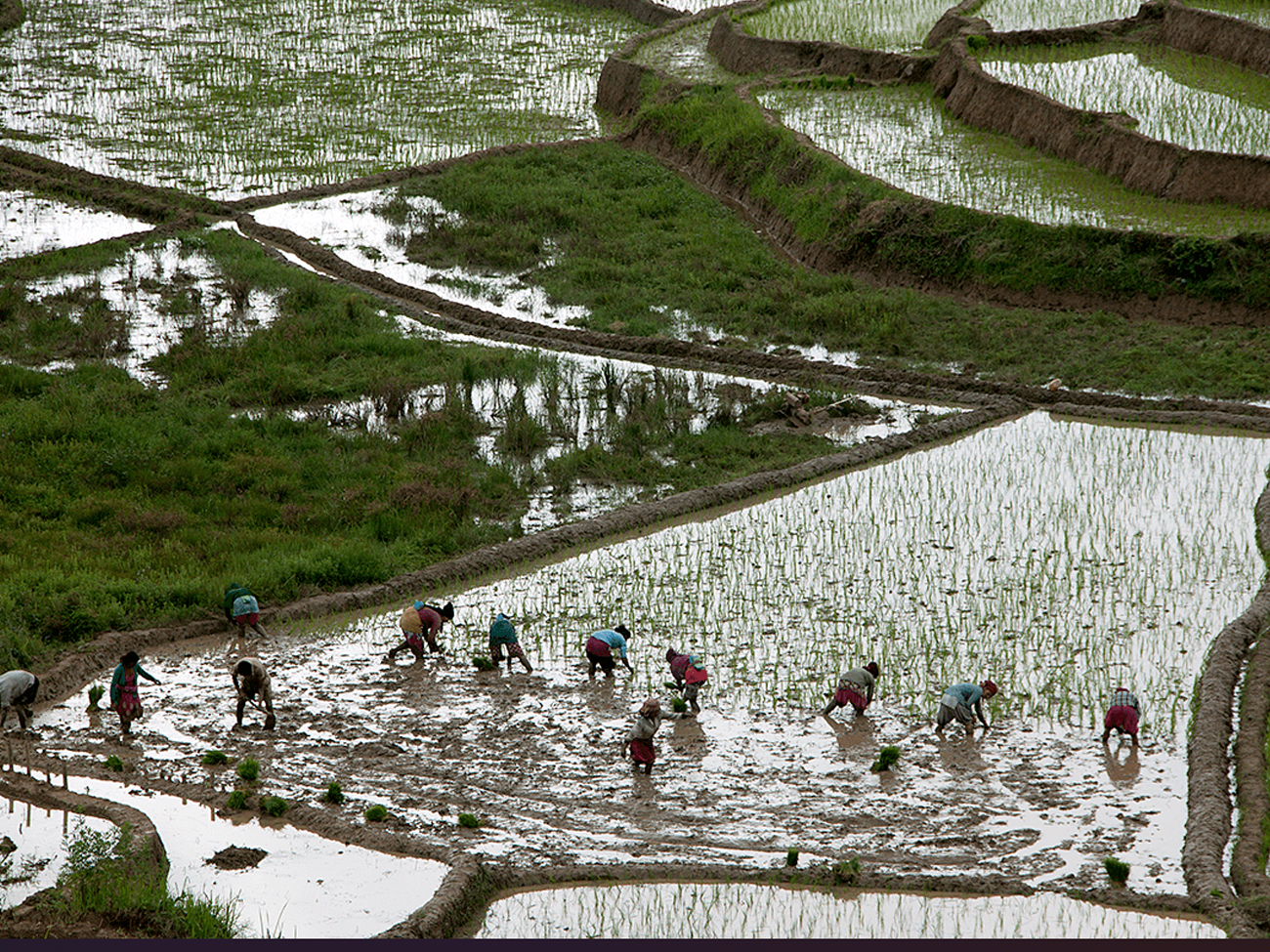
Training of Trainers (ToT) Program on Climate-Smart Agriculture: A Strategic Initiative for Capacity Building and Knowledge Dissemination
Photo: pexels.com ADPC organized a Training of Trainers (ToT) program on Climate Smart Agriculture for Extension Officials in Madhesh Province, Nepal, under the Climate Adaptation and Resilience (CARE) for South Asia project. The training was conducted from 29 July to 2 August 2024 at Bardibas, Mahottari district of Nepal. The "Climate Adaptation and Resilience (CARE) [...] Read More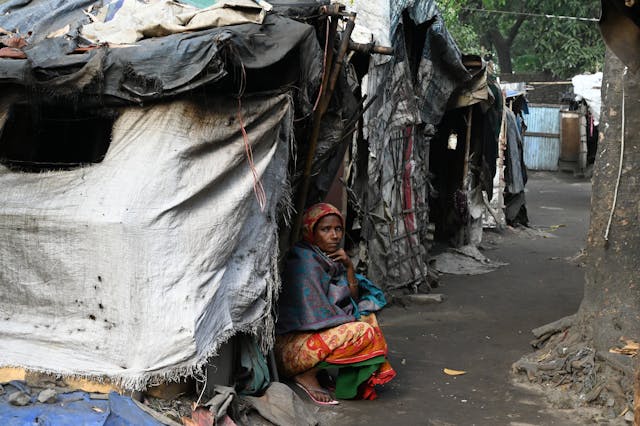
Climate Change News 27 April – 27 May, 2024
Climate Change and Migration Source: Relief Web Date: 27 May 2024 In the disaster-prone Asia-Pacific region, particularly in South Asia, the frequency and intensity of environmental hazards, exacerbated by climate change, pose significant risks. Pakistan, India, and Bangladesh, with floods being the primary driver, recorded the highest number of disaster displacements in 2022. Asia- Pakistan's [...] Read More
Towards a Sustainable Delta: Need for a Climate-inclusive M&E Framework in Bangladesh
Photo: pexels.com Deltas are birthplaces of human civilization and are highly susceptible to climate change impacts like rising sea levels and changes in river flow. They are also affected by human-induced impacts related to land use within their catchment area. The Ganges-Brahmaputra-Meghna Delta, for example, is the world's largest and most dynamic delta and home [...] Read More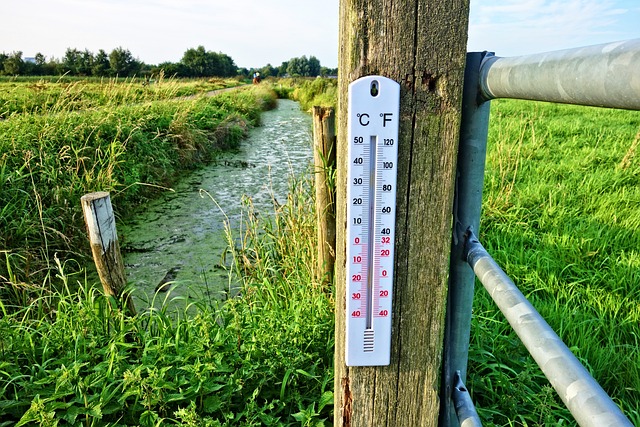
Climate Change News 27 March- 27 April 2024
WMO Report: Asia Suffers from Extreme Weather Source: UN News Date: 23 April 2024 With the warming trend almost doubling since the period from 1960–1990, Asia is heating up faster than the global average, with increased casualties and economic losses from floods, storms, and more severe heatwaves. Climate change has exacerbated the frequency and severity of such [...] Read More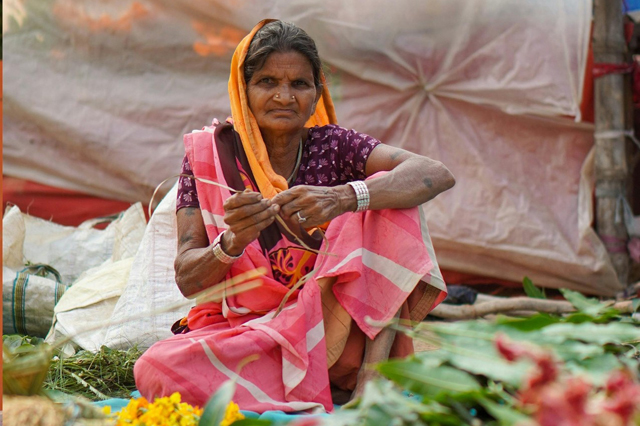
Social and Gender Inclusivity in Climate Finance
Photo: pexels.com Of the 17 Sustainable Development Goals (SDGs), at least 11 require specific indicators related to social and gender dynamics. The slow progress in achieving SDGs has been due to global political and economic instability, COVID-19 impact, and inadequate financing for implementing climate actions aimed at helping vulnerable nations and communities adapt and build [...] Read MoreGender Equality and Social Inclusion in Disaster Risk Reduction
SummaryDetailsSuggest an EditSummary This course helps participants from different stakeholders groups to learn not just concepts and principles and focuses on operationalizing GESI mainstreaming into climate change and disaster risk reduction. Details The Impacts of disasters and climate change is not gender neutral. e disproportionate impacts include social and economic marginalization; barriers in accessing education; [...] Read More